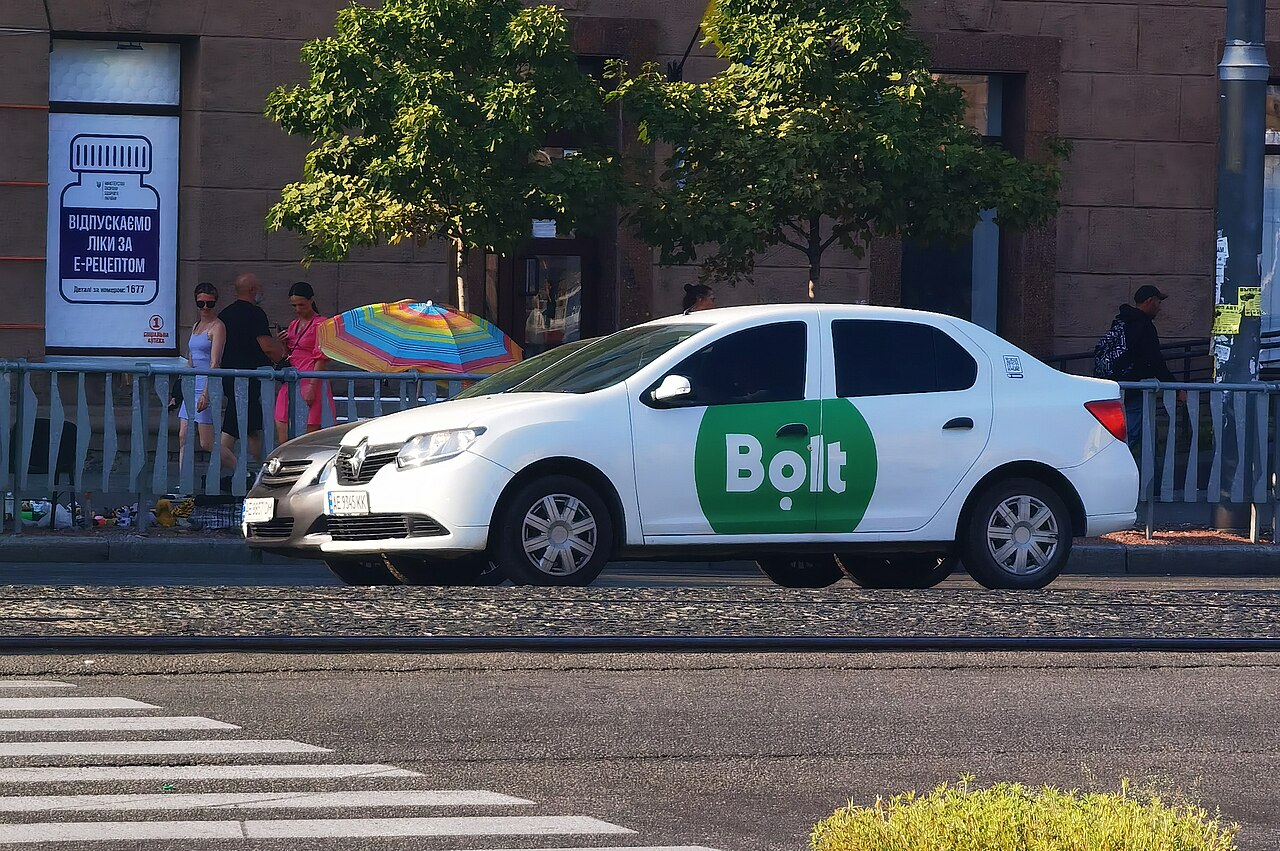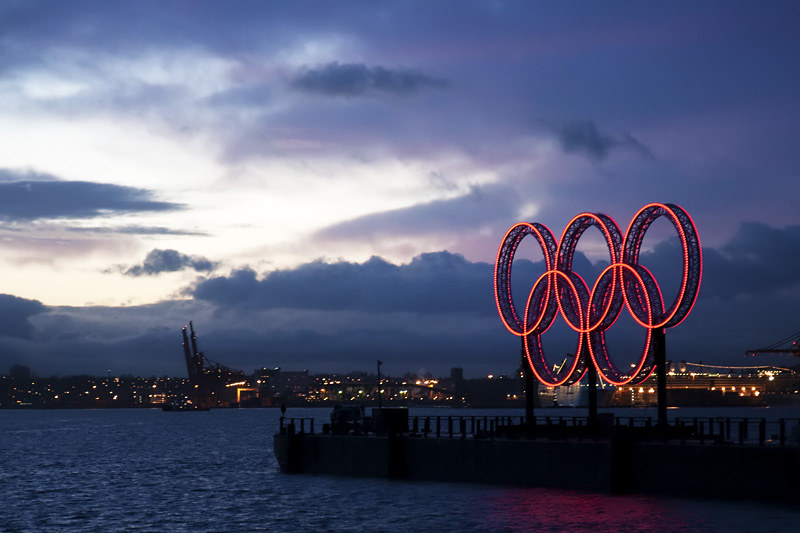On Thursday, 18 July, President Cyril Ramaphosa convened his first joint sitting of the newly established two Houses of Parliament.
The President’s Opening of Parliament Address (OPA) was packed with lofty promises and a call for unity, but as the dust settles, it’s clear that there’s a hefty to-do list staring him right in the face. With his second term underway and a coalition government in place, here’s what this administration needs to tackle head-on if it is to be a success.
1. Keeping the GNU together: unity or chaos?
Ramaphosa’s coalition government of national unity (GNU) is a diverse mix of former foes and new allies. More than 50 days after the country cast their votes and denied all parties a majority, heil must navigate the choppy waters of his new coalition government.
“Without unity, cooperation and partnership, our efforts to end poverty, unemployment and inequality will not succeed,” he said in the OPA. While the call for unity might be well-intentioned, it’s easier said than done.
Although the GNU is backed by 70% of the MPs, keeping this coalition together while addressing the country’s major issues will be like herding cats—difficult and potentially chaotic.
2. The next ANC successor: Who’s next in line?
As this is Ramaphosa’s second and final term, the ANC will be voting for a new party president in December 2027.
Over the past decade, the ANC has struggled with internal divisions and leadership crises that have undermined its unity. The challenge lies in managing internal party dynamics while also preparing the ANC for the next election. Who will step up, and will they be able to continue the work Cyril has started?
3. Policies and economic growth: Time for concrete actions
Economic growth is the buzzword of the day, but Ramaphosa’s speech was as light on specifics.
He outlined several key policy areas aimed at driving economic growth and addressing South Africa’s socio-economic challenges. In his address, he emphasised the need for inclusive growth: “We have decided to place inclusive economic growth at the centre of the work of the Government of National Unity and at the top of the national agenda.”
Economic growth is a major priority, and Operation Vulindlela, a joint initiative with the National Treasury to fast-track reforms, is a step in the right direction.
Ramaphosa also highlighted the importance of infrastructure development as a catalyst for economic growth and his plans to “massively increase the scale of investment in infrastructure through a more holistic and integrated approach”.
“From our largest metros to our deepest rural areas, we have a clear intention to turn our country into a construction site,” said Ramaphosa.
The Freedom Front Plus’s Corne’ Mulder questioned the novelty of his proposals. “Most of these things have been said in the past. It’s not new, and the question immediately arises; why was it necessary first to defeat the ruling party to get to the GNU to at last take things forward?” he said.
4. Corruption and general optics: Cleaning house
The fight against corruption has been a running theme, but has it ever really taken off?
Corruption has long plagued the ANC government, and Ramaphosa’s strategy to address this within the party is critical. He stressed the need for transparency and accountability in governance. “We will continue to fight corruption and prevent undue political interference in the administration of the state,” he said.
The idea of cleaning up government corruption sounds great in theory, but these promises are not new. Only time will tell if this renewed commitment to fighting corruption will lead to tangible results.
The involvement of the Democratic Alliance (DA) in the GNU adds another layer of complexity. The DA will need to take a step back on issues like the Phala Phala farm scandal for better optics, a GNU where its members are not fighting amongst each other. DA party leader John Steenhuisen, who has been exceptionally vocal about the Phala Phala scandal, has seemingly shifted gears, stating that the DA would not support a no-confidence motion against Ramaphosa.
Instead Steenhuisen has his eyes on the ongoing VBS scandal involving opposition leaders Julius Malema and Floyd Shivambu.
5. Handling the opposition: EFF and MK party challenges
Ramaphosa faces a tough opposition in the form of the EFF and the newly-founded MK Party. Julius Malema, leader of the EFF, was quick to criticise the President’s speech, calling it a “waste of state resources” and accusing Ramaphosa of lacking a concrete plan. “He speaks like a man who has no confidence or belief in what he’s talking about,” said Malema.
The EFF and MK Party are known for their personal attacks and fiery rhetoric. The MK Party members, like disgraced judge John Hlophe, have opted for not only personal attacks but have also accused the GNU of being a facade to maintain ANC dominance.
“The leaders of our country should set aside their political differences and come together as one,” Ramaphosa stated on Thursday. The EFF, known for disrupting, heckling, and even brawling in parliament, will need to start behaving like a real opposition and avoid the clown show.
President Ramaphosa largely pulled off his opening of Parliament speech on Thursday, rallying for unity and economic revival. According to newly appointed sport, arts and culture minister Gayton McKenzie, it was “one of the best speeches by the president”.
But as the applause fades and reality sets in, the real challenges are just beginning.




